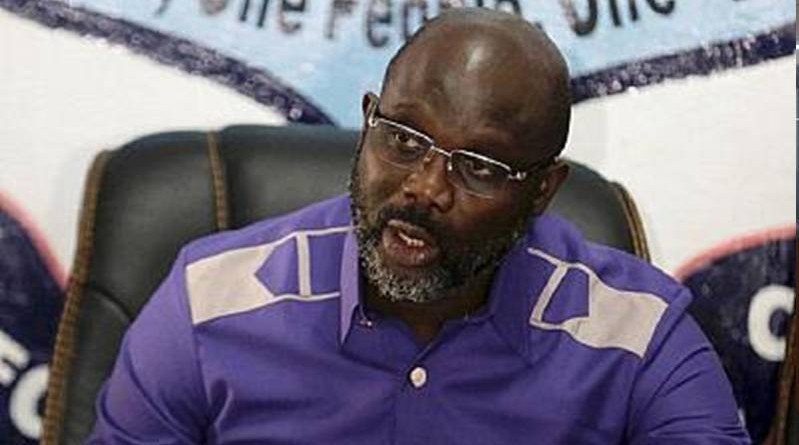Liberia launches country profile, bets on agribusiness to spur economic growth
The Ministry of Finance and Development Planning of Liberia, in collaboration with the West Africa Sub-Regional Office of the United Nations Economic Commission for Africa (ECA), has unveiled Liberia’s Country Profile.
The purpose of the initiative is to provide a platform for policy dialogue to disseminate Liberia-specific policy analyses and recommendations that promote economic transformation for sustained growth and sustainable social development.
According to this country profile, Liberia intends to use its agribusiness as a foundation for sustainable and inclusive growth and a source of diversification of its economic base.
However, the report says, achieving such an objective requires the removal of a set of constraints that prevent Liberia from effectively harnessing the assets and opportunities of the sector. “Generally speaking, these constraints arise in terms of institutions, governance, business environment and human and infrastructural capacities. They undermine the business climate and create low investor attractiveness for the economy,” according to the Liberia Country Profile.
This Country Profile indicates that Liberia has assets that should enable the authorities to achieve their ambition of diversifying their economic base and fostering the emergence of sustained growth shared by all social strata.
It is mainly the endowment of natural and agricultural resources (soil, climate and hydrological conditions, etc.) that offer natural comparative advantages for various agricultural crops as well as its membership in Regional Economic Communities (RECs), which provide it with the possibility of expanding its market.
The Country Profile emphasizes that the poverty rate in Liberia was estimated at 54.1% in 2014 with an incidence of 70% in rural areas and 43.3% in urban areas. Poverty is also closely related to the level of education, with 69.3% of people who have not attended school being affected by this problem.
For the Acting Director of the ECA Sub-Regional Office for West Africa, Mr. Bakary Dosso, “the commitment of the Government of Liberia to provide a lasting response to this problem through the effective implementation of its new development plan entitled ‘Pro-poor Agenda for Prosperity and Development 2018-2021’, is to be welcomed. For the success of this plan, the ECA recommends the development of the agribusiness sector with a view to ensuring both inclusive and sustainable growth and a transformation of Liberia’s economy”.
It would also be wise for Liberia, concludes the report, to implement integrated actions, in terms of the business environment, human resources and governance practices, to make agriculture the backbone of diversification of its economic base and the foundation for sustainable and inclusive growth.




